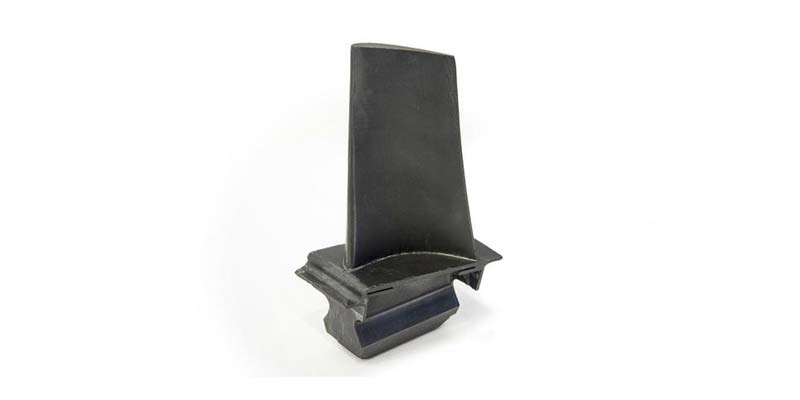- Contact Innally, Let you purchase forgings in China more favorable prices, products more assured!
- Hotline:+(86)15038323776 Email:innally@innally.com
Machining difficulties and overcoming methods of titanium alloy blade forging
- Category: Thermal forging, Titanium alloy forging
- |
- Date: 02/01/2024
to overcome the difficulties in the processing of titanium alloy blade forging, it is necessary to comprehensively consider many aspects such as tool materials and cutting parameters, cooling methods, processing technology, quality control, processing equipment and welding technology.
Product Details
Titanium alloy blade forging has been widely used in aviation industry, but because of the special properties of titanium alloy, there are some difficulties in its processing. In this paper, the main difficulties in the forging process of titanium alloy blade are discussed, and the corresponding methods to overcome them are proposed.
First, processing difficulties
Large cutting force: The cutting force of titanium alloy is larger than that of ordinary steel, which is easy to cause tool wear and blade breakage.
Fast hardening: Titanium alloys are prone to hardening during processing, making cutting more difficult.
Poor thermal stability: the melting point of titanium alloy is high, and the cutting temperature is easy to rise, which affects the tool life and processing accuracy.

Poor weldability: The weldability of titanium alloy is poor, and it is easy to produce cracks and pores.
Second, overcoming methods
Select the right tool materials and cutting parameters: For the cutting force of titanium alloy and the problem of fast work hardening, you can choose high hardness, good wear resistance tool materials, such as cemented carbide, ceramics, etc. At the same time, reasonable selection of cutting parameters to reduce cutting force and cutting temperature.
Cooling method: The use of appropriate cooling methods, such as spray cooling, cutting fluid, etc., reduce the cutting temperature, improve the processing stability and tool life.
Optimization of processing technology: According to the characteristics of titanium alloy and processing requirements, optimize the processing technology, such as the use of rough machining, finishing, grinding and other different processing methods to improve processing accuracy and surface quality.
Strengthen quality control: strictly control the quality of titanium alloy blade forgings to ensure that each process meets the quality requirements and avoids defects and errors.
The use of advanced processing equipment: the use of advanced processing equipment, such as CNC machine tools, machining centers, etc., to improve processing accuracy and efficiency.
Welding process optimization: For the poor weldability of titanium alloys, special welding processes and technologies can be used, such as laser welding, electron beam welding, etc., to improve welding quality and reliability.
In summary, to overcome the difficulties in the processing of titanium alloy blade forging, it is necessary to comprehensively consider many aspects such as tool materials and cutting parameters, cooling methods, processing technology, quality control, processing equipment and welding technology. Through continuous optimization of the process and technology, improve the processing efficiency and product quality, in order to better meet the high requirements of the aviation industry for titanium alloy blade forging.
nannan
INNALLY mainly provides you with various types of cast and forged parts products. Welcome your inquiries! innally@innally.com
Related Products
Search
Forging center
- Steel forgings
- Aluminium alloy forging
- Titanium alloy forging
- Stainless steel forging
- Copper forging
- Automotive forgings
- Locomotive forging
- Bicycle forgings
- Motorcycle forging
- Rigging and fasteners
- Bearing forging
- Electric power fittings
- Marine forging
- Mechanical forgings for metalworking
- Mining machinery forgings
- Marine engineering forgings
- Construction machinery forgings
Popular product

© 2025. All Rights Reserved.






